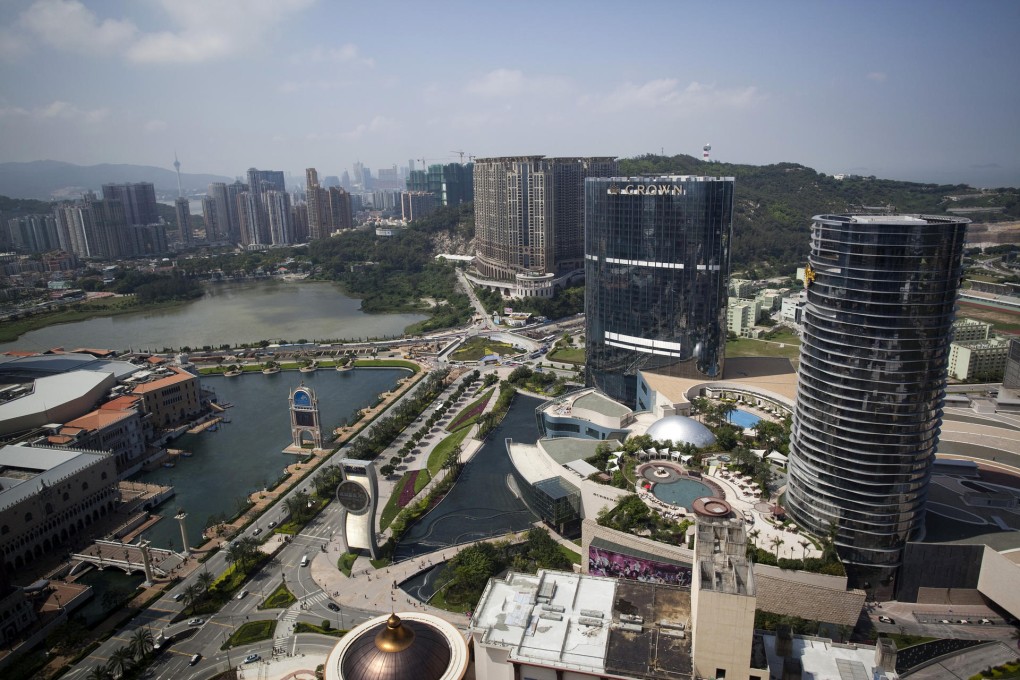Sands steps up scrutiny of Macau casino junkets
Operators questioned as casino seeks to bolster safeguards against money laundering in Macau

Las Vegas Sands is increasing its scrutiny of Macau junket operators in a move that may lead to a shake-out among the middlemen who account for two-thirds of the betting in the world's largest gambling market, a person familiar with the matter said.

Sands, founded by billionaire Sheldon Adelson, is seeking to meet demands by US regulators and prosecutors to prevent money-laundering. Doing so risks alienating high rollers or offending local authorities who oversee the industry in Macau.
At the same time, Sands and other casinos in Macau have stepped up efforts to attract mass-market players on their own, reducing their dependence on the lower-margin junket business.
"It is political, it is also financial," said I. Nelson Rose, a professor at Whittier Law School in California who studies the casino industry.
Over the past two years, Las Vegas-based Sands has beefed up the teams that monitor players, employing former Federal Bureau of Investigation agents, regulators and lawyers experienced in anti-money laundering.
"Our chairman and board expect the company to set the standard for ethical performance in our industry," said Ron Reese, a Sands spokesman. "Across every spectrum of our business, we look for partners who share and abide by that goal."